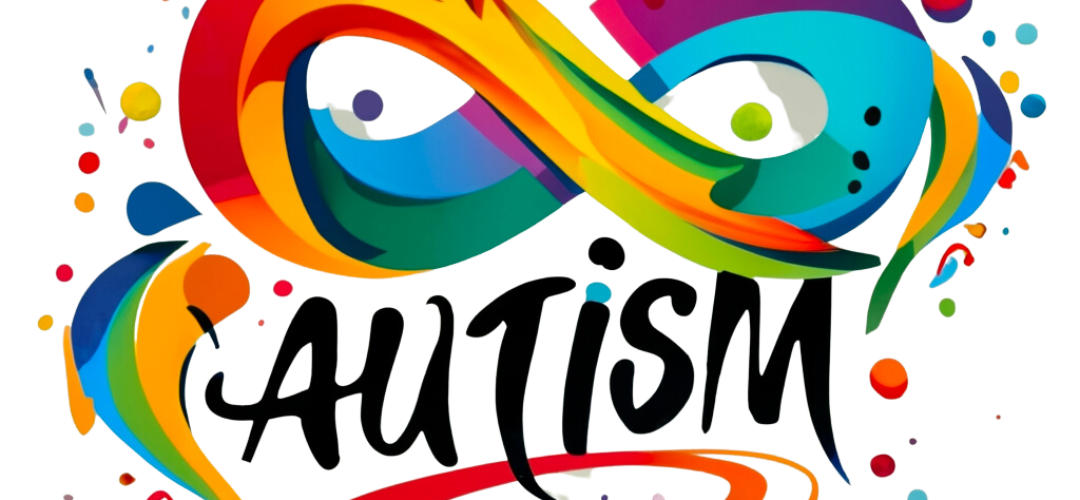Understanding Autism in India: Challenges, Support Systems, and Path Forward

Autism Spectrum Disorder (ASD) affects millions across India, yet awareness, diagnosis, and support services remain uneven—especially outside major cities. This guide explains the current landscape, practical resources, and steps toward a more inclusive future.
TL;DR (Quick Answers)
- Early signs: limited eye contact, delayed speech/gestures, repetitive behaviors—seek a pediatric developmental assessment early.
- Where to start: contact nearby developmental pediatrician/child psychiatrist; ask about ISAA screening and speech/OT referrals.
- Support now: parent training + structured routines + visual supports; look for NGOs such as AFA, India Autism Center, and We CAN.
- Education: request inclusive supports (visual timetables, sensory breaks, flexible assessments). If unavailable, consider specialized programs.
- Daily living: pair exercise + predictable nutrition; see our guides on autism & exercise and sensory-friendly recipes.
The State of Autism in India: Prevalence & Understanding
Autism Spectrum Disorder (ASD) is a public health priority in India. Estimates suggest a substantial number of children and adults may be on the spectrum, yet the measured prevalence varies due to differences in screening access, language availability of tools, and health-system capacity. Under-recognition is more likely in rural and economically disadvantaged communities.
Global awareness has grown, but India contends with limited standardized screening in all major languages, shortages of trained professionals, and concentration of services in urban hubs—factors that delay diagnosis and intervention.
Cultural Context and Challenges
Limited Awareness & Understanding
Early developmental differences may be overlooked or attributed to temporary phases. In some communities, spiritual explanations or stigma delay medical evaluation and access to therapy, adding months—or years—to the pathway to support.
Diagnostic Barriers
- Screening tools: not consistently available across Indian languages and settings.
- Specialist access: limited developmental pediatricians/child psychiatrists, especially outside metros.
- Centralization: diagnostics concentrated in cities; travel cost/time burdens families.
Socioeconomic Challenges
- Out-of-pocket costs: assessments and therapy add up; insurance coverage can be limited.
- Urban–rural divide: fewer services and trained staff in rural/remote regions.
- Program gaps: public provision is growing but remains uneven.
The Family Experience
Parental Concerns & Emotional Journey
Families often shoulder advocacy and care, navigating questions about long-term support (“Who will help when we are not around?”). Social isolation can occur; connecting with peer groups and parent training reduces stress and empowers decision-making.
Navigating Educational Systems
- Inclusive supports are expanding but inconsistent; some children attend special schools or remain out of school.
- Training gaps among teachers limit classroom accommodations.
- Explore placement options and request visual schedules, first-then supports, sensory breaks, and flexible assessments.
More on school options and practical accommodations: autism schools by state.
Support Services & Resources in India
NGOs, parent-led groups, and private centers have expanded services across major cities, with gradual growth elsewhere. Key offerings include diagnostic assessments, ABA-informed programs, speech & language therapy, occupational therapy, parent training, and vocational preparation.
Leading Organizations
- Action for Autism (AFA) — autism-india.org
- India Autism Center (IAC) — indiaautismcenter.org
- We CAN — wecanindia.org
For support with adolescent needs and self-regulation, see autistic meltdowns in female adults.
Therapeutic Approaches
- ABA-informed supports (availability higher in urban settings)
- Speech & OT for communication and sensory integration
- Complementary practices (e.g., yoga, music therapy, Ayurveda) as family-chosen add-ons
Explore complementary options like Vetiver essential oil.
The Role of Exercise & Nutrition
Exercise Benefits
- Physical health: fitness, coordination, sleep quality
- Anxiety & stress: movement supports regulation
- Social practice: low-pressure opportunities to interact
Guide: autism and exercise.
Dietary Considerations
Good nutrition underpins attention, energy, and GI comfort. Work with your clinician to tailor balanced plans addressing sensitivities and texture preferences.
Meal ideas: sensory-friendly recipes.
Navigating Autistic Burnout & Mental Health
Autistic burnout—deep physical/mental exhaustion from sustained sensory and social demands—can affect teens and adults. Recognizing early signs and adjusting workloads, routines, and environments helps recovery.
See: understanding and navigating autistic burnout.
The Path Forward: Advocacy & Policy
Government Initiatives
- Rights of Persons with Disabilities Act (2016) recognizes autism.
- ISAA (Indian Scale for Assessment of Autism) to standardize assessment.
- Inclusive education policies—implementation varies.
Research & Service Priorities
- Affordable, culturally appropriate interventions
- Training for primary care and school teams
- Adult services: employment, independent living, mental health
- Financial support for families
Community Awareness & Acceptance
- Recognize early signs; normalize help-seeking
- Reduce stigma around developmental differences
- Create sensory-considerate community spaces
Starting out? Our list of essential books for parents can help.
Employment & Future Prospects
Vocational Training & Job Paths
- Technology & data roles
- Administrative/operations and quality tasks
- Creative arts, crafts, design
- Agriculture & horticulture
Explore roles: autism-friendly jobs.
Supportive Products & Resources
Daily life often improves with sensory-friendly tools (noise-reducing headphones, visual timers, fidgets) and structured learning supports. Browse our autism products hub for vetted picks.
Conclusion: Building a More Inclusive Future
Progress in India depends on earlier screening, accessible therapies, professional training, family support, and real inclusion in schools, workplaces, and communities. With coordinated efforts, autistic people can access the tools to thrive—and society benefits from their perspectives and strengths.
For more resources, personal stories, and practical guidance, explore 101Autism.com—our family’s journey and community hub.
FAQ: Autism in India
What is the first step if I suspect autism?
Book an appointment with a developmental pediatrician/child psychiatrist. Ask about ISAA-based screening, speech & language evaluation, and occupational therapy for sensory needs.
Are autism services available outside big cities?
Access is improving but still uneven. NGOs, tele-consults, and parent-training programs can bridge gaps while you plan in-person evaluations.
Can exercise and diet really help?
They support regulation, sleep, attention, and overall health. Start gradually, choose preferred activities, and partner with your clinician for nutrition planning.
How can schools support autistic students?
Visual timetables, first-then boards, movement breaks, reduced sensory load, and flexible assessments—plus trained teachers and collaboration with caregivers.
Discover more from Living with Autism
Subscribe to get the latest posts sent to your email.


